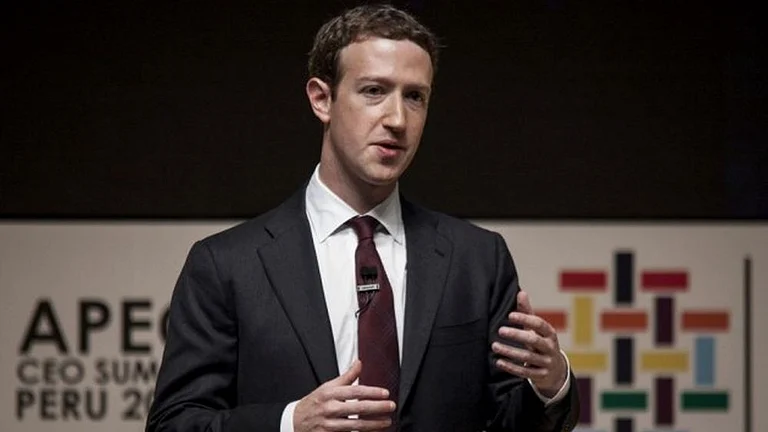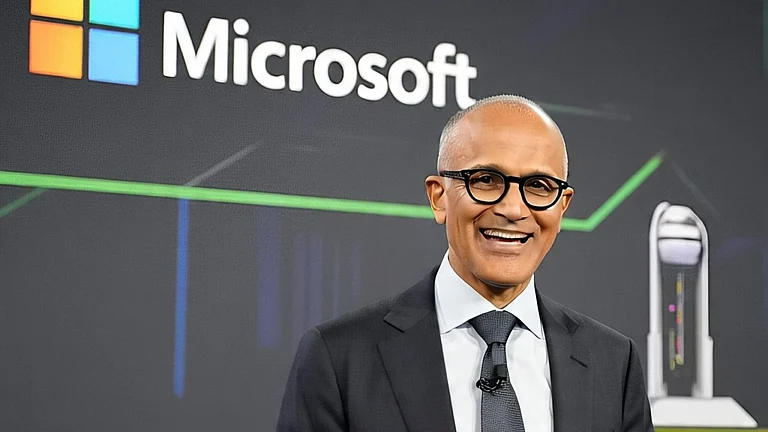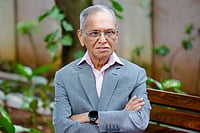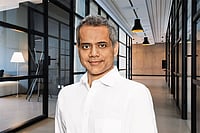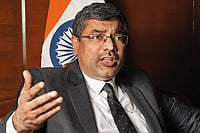On a whirlwind tour of India, Microsoft CEO Satya Nadella couldn't escape getting into the debate on whether India should focus on building its own foundation models for artificial intelligence or creating applications on top of models built by companies like Microsoft, OpenAI, Meta and others.
Nadella's measured stance was that India should aim to find a new way to do in a billion dollars what these companies spent tens of billions to build.
"The real barrier to entry (in building large language models) is the capital investment. You may have to spend a billion dollars, 10 billion, 100 billion and then a trillion... What if India defined its mission as "we will do in a billion dollars what has taken $10 billion to build," he said.
"The design space is there for India to make a smart strategic choice... I don't think the last known big breakthrough in AI has happened. We are one breakthrough away from the edifice of transformers (the central architecture of LLMs) going away. India has the talent to come up with the next big thing in AI," he added.
Nadella was responding to a question by India AI Mission head and senior bureaucrat Abhishek Singh on what should be the approach taken by India. Singh is Additional Secretary, Ministry of Electronics and Information Technology (MeitY).
At the conference, Nadella also said that AI can help India's economy grow quickly.
"Every year there can be a 10-15% operating leverage in every line item for a company. Which means in 5-6 years, it's a 100 percent change... It can be transformative for companies and countries... So, more tokens per dollar per watt will translate directly to GDP growth," he said.
Microsoft will invest $3 billion (about Rs 25,700 crore) to expand its cloud computing and artificial intelligence capabilities in India, its chief executive officer Satya Nadella said earlier this week.
The tech giant will also train 10 million people in AI skills in India by 2030, Nadella said.
Nadella is the latest in the list of tech tycoons to have visited India - the nation of 1.4 billion people that is emerging as an AI battlefront.









